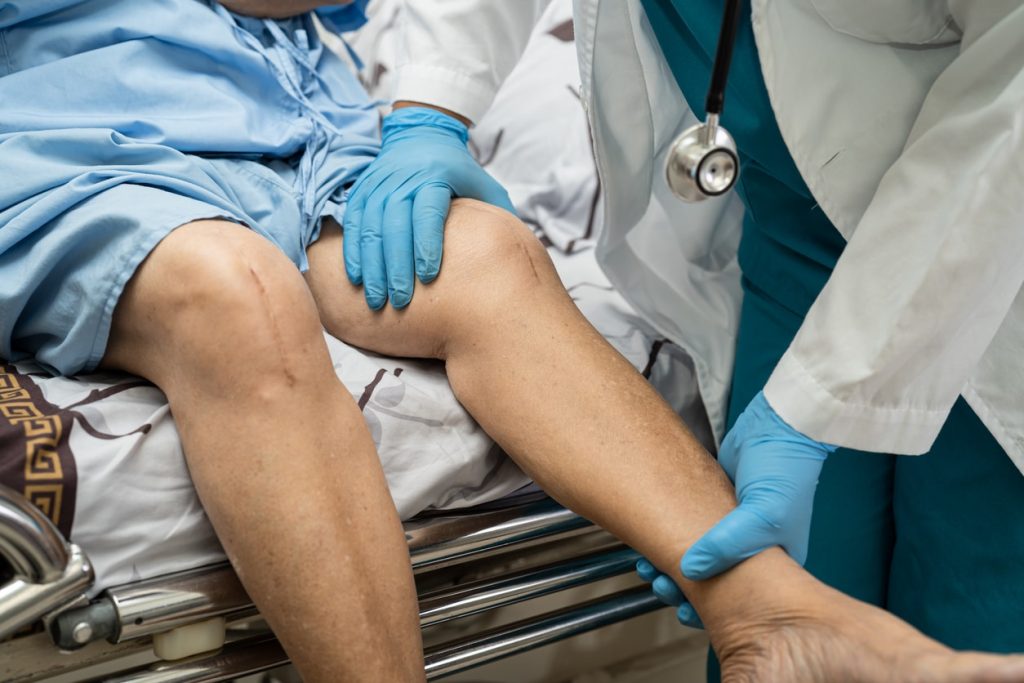Knee replacement surgery involves replacing damaged joint surfaces with prosthetic components to restore function and reduce pain. Successful outcomes depend significantly on proper postoperative management and adherence to rehabilitation protocols under professional supervision.

What should you pay attention to after Knee Replacement Surgery?
Postoperative management requires careful attention to wound care, medication adherence, and rehabilitation exercises. Patients must monitor for signs of infection, maintain proper positioning to prevent dislocation, and gradually increase activity levels under professional guidance. Consistent participation in physical therapy and compliance with weight-bearing restrictions are essential for optimal recovery and joint function restoration.
Immediate Postoperative Care (First 24-72 hours)
- Wound care and dressing management
- Pain control medication regimen
- Swelling reduction techniques
- Early mobilization protocols
- Blood clot prevention measures
Rehabilitation Requirements
- Physical therapy scheduling
- Range-of-motion exercises
- Strength training progression
- Gait training initiation
- Functional activity rehearsal
Activity Precautions (First 6-8 weeks)
- Avoid twisting movements
- Use assistive devices as directed
- Follow weight-bearing restrictions
- Implement fall prevention strategies
- Modify home environment for safety
Warning Signs Requiring Immediate Attention
- Fever above 38°C (100.4°F)
- Increasing redness or swelling
- Wound drainage or separation
- Sudden pain increase
- Calf pain or shortness of breath
Recovery Timeline
- Hospital stay (1-4 days)
- Outpatient therapy (6-12 weeks)
- Driving restrictions (4-8 weeks)
- Return to work variations
- Full recovery (3-12 months)
Home Preparation Guidelines
- Remove tripping hazards
- Install safety grab bars
- Arrange furniture for clear pathways
- Prepare meal options in advance
- Organize essential items accessibility
Long-Term Considerations
- Activity modification guidelines
- Weight management importance
- Regular low-impact exercise
- Prosthesis monitoring
- Orthopedic follow-up schedule
Conclusion
Knee replacement recovery requires strict adherence to postoperative instructions and rehabilitation protocols. Patients should maintain all scheduled follow-up appointments and promptly report any concerning symptoms. Most patients achieve significant pain reduction and functional improvement through proper surgical technique and committed postoperative management. Individual recovery experiences may vary based on preoperative condition, surgical factors, and rehabilitation participation. Professional guidance ensures safe progression through all recovery phases.